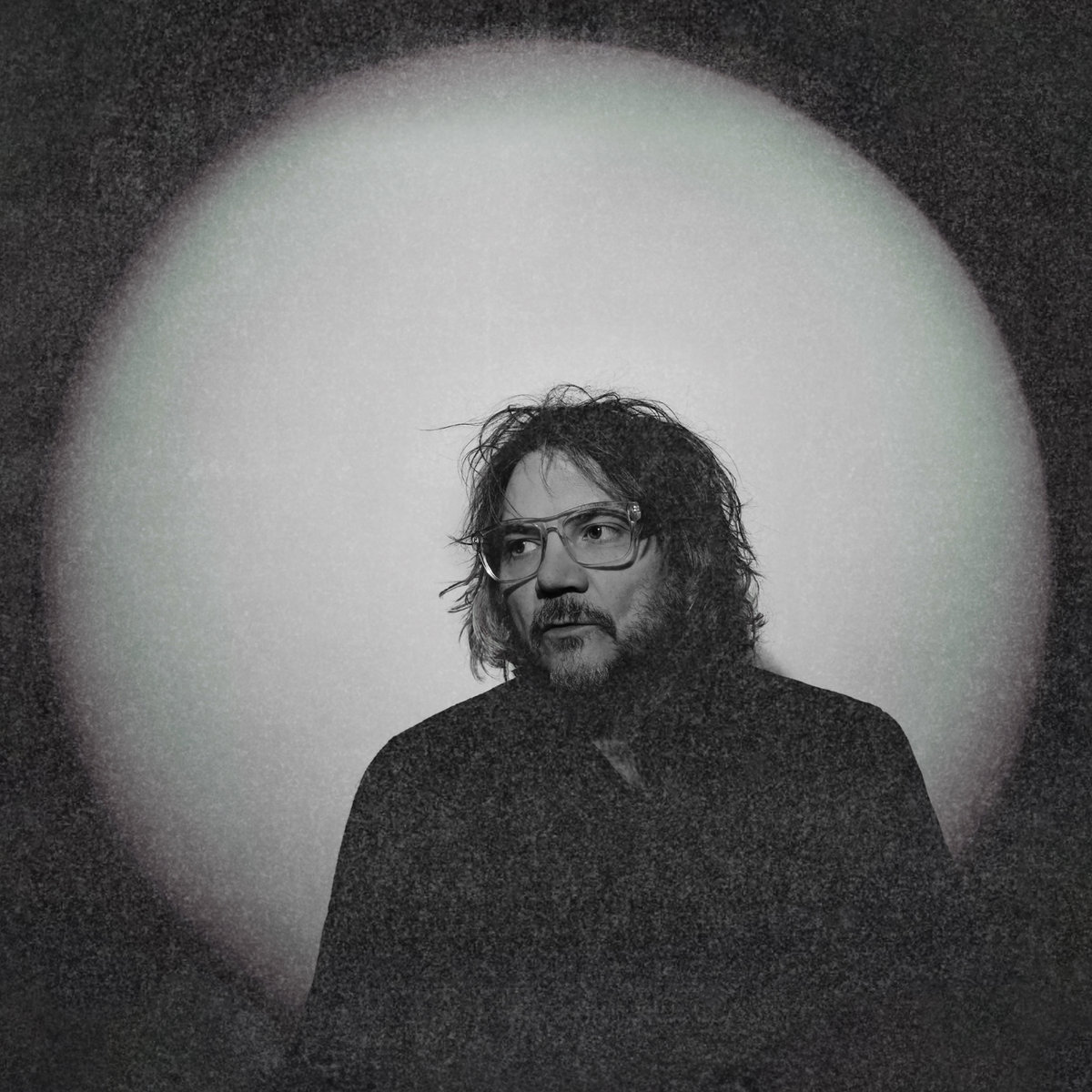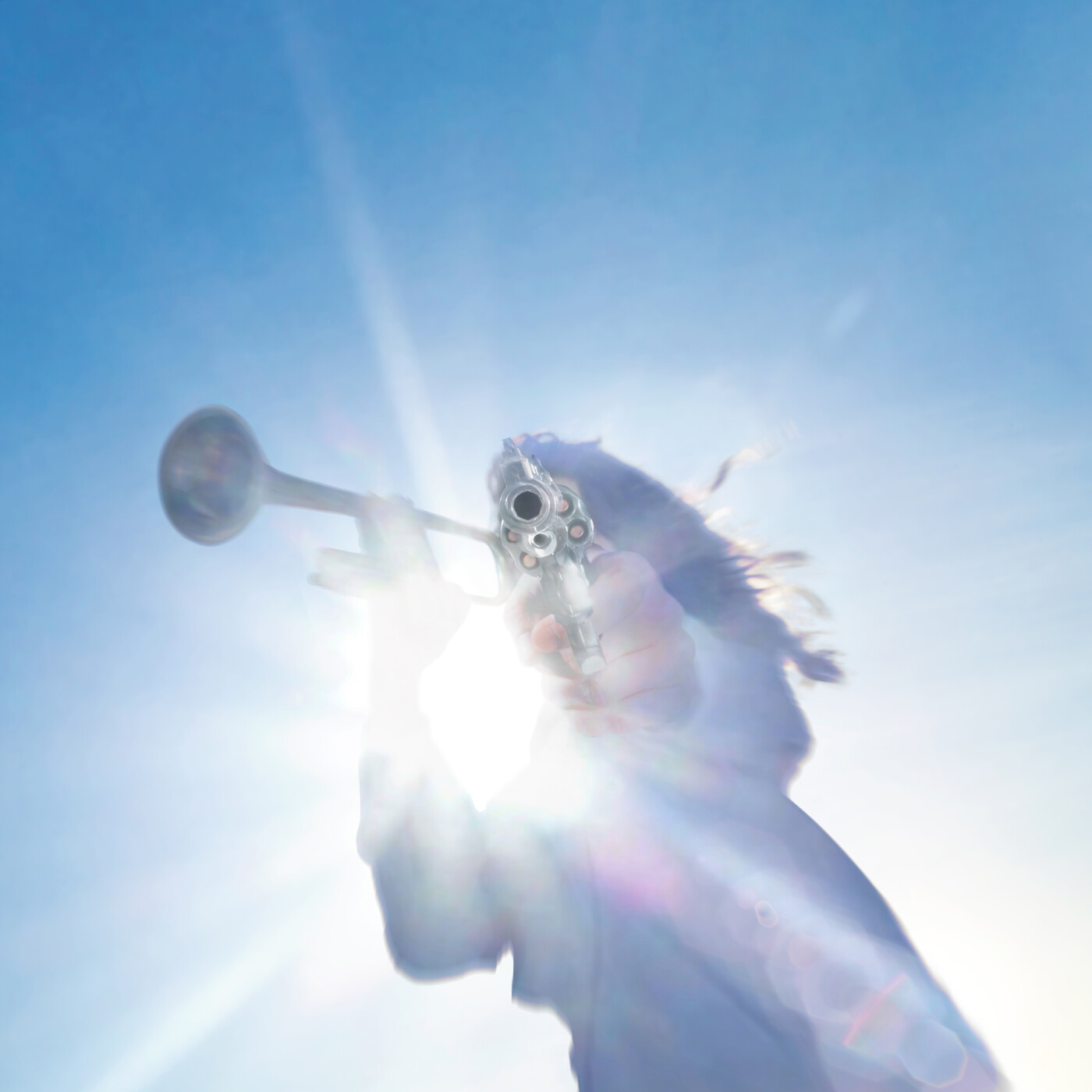The albums that end up hurting us the most aren't necessarily the ones that suck the hardest. There can be a charge to hearing a truly egregious piece of bullshit. You can find a certain energy in hating it. You can enjoy it on that level. Instead, the albums that hurt us the most are the ones that could have been something -- that maybe should have been something -- and turn out to be absolutely nothing. They're the albums that we get excited to hear, but which drift by without ever grabbing our attention on the first listen. These albums don't have to be outright terrible to leave us feeling defeated. They can be perfectly fine on their own merits. But when we attach some kind of significance to them, we end up feeling disappointed and dejected and maybe even betrayed. That's this new Disclosure album for me. It's not a disaster. It has some good songs. In a lot of ways, it fits in just fine with what the duo were doing on their first album, 2013's vastly superior Settle. But it has none of that album's energy or sense of purpose. It doesn't hint at great things on the horizon, the way that one did. It just exists, and that feels tragic. So how did Disclosure get here?
Caracal is the rare album that can leave you questioning what you ever liked about an artist. It's so flat and diffuse and indolent that I found myself wondering if Settle was the same way, if I'd somehow gotten myself all worked up over some wet-noodle approximation of house music a couple of years ago. Well, no, I didn't. Revisiting Settle in 2015, it's still a spectacular piece of work. It's fresh and fast and urgent, and it piles on hooks so quickly that your brain doesn't quite have time to process them. It has riffs that would still kill if you played them on a distorted guitar and called them metal. It has choruses that rattle around in your head for days. It takes a roster of ridiculously talented up-and-coming guests -- Sam Smith, sure, but also Jessie Ware and AlunaGeorge's Aluna Francis and London Grammar's Hannah Reid -- and it coaxes out some of their best-ever vocal performances. The album was full of songs, not tracks, but they could all work just as well on the dancefloor as they did on the radio. It helped make stars not only out of the Disclosure brothers but of Smith, too, who wouldn't have ascended to his status as adult-contempo kingpin if he hadn't absolutely knocked "Latch" out of the park. And Settle also felt like a manifesto for a regal, cosmopolitan era in UK music, one where dance and soul and indie and Caribbean influences all melted into one another and became a beautifully plastic new thing. It was exciting.
Caracal is not exciting. It's built around midtempo dance-pop tracks that move too slowly to work as dance music on any level. Its melodies are so tired and empty that they barely exist. The Lawrence brothers have lined up all these great stars as guest singers -- the Weeknd, Lorde, Miguel -- and they all come out sounding like anonymous hacks-for-hire. Where Settle moved briskly but assuredly among different styles and moods, Caracal is content to sit still, never escaping its own self-created funk. You never get that endorphin rush when a chorus comes howling in or when a beat drops. These are still recognizably Disclosure tracks. They're still built around guest vocalists. They still use the same synth tones and drum patterns. The lyrics still nod toward big, vague relationship dramas. Howard Lawrence still proves himself to be one of the most capable singers on the whole album even though he never gets a lot of chances to prove it. But the sense of joy and discovery that was all over Settle is just gone here. I wish I had a better, more specific way to describe it, but the problem is entirely in the album's vibe. It never pushes. It never rushes. It just plods.
And look: It's not a catastrophe. There are good moments here. On opening track "Nocturnal," we get to hear the Weeknd navigating seven minutes of slippery clicks and blips, and that's fun. "Hourglass," with Lion Babe, has at least some of the sassy snap that Aluna Francis brought Settle's "White Noise." The instrumental track "BangThat" is big and loud and dumb in the right ways, just like older Disclosure bangers "When A Fire Starts To Burn" and "Stimulation" were, and I can imagine it killing in a club context. If Caracal were the new album from Naughty Boy or Duke Dumont or whoever, I'd probably listen once and think to myself that it was OK. I doubt I'd return to the album, but it wouldn't leave me with that weird sense of loss, that whole "but this album was supposed to be good" thing. But this is Disclosure. They can do better than this. They've done so much better than this. The best moments on Caracal are still distant echoes of better moments on Settle. How did they lose this much direction and focus? Will they ever be great again? And how the hell did they decide that this was good enough to be their second album?
Caracal is out 9/25 on PMR/Island.
[videoembed size="full_width" alignment="center"][/videoembed]
[videoembed size="full_width" alignment="center"][/videoembed]
[videoembed size="full_width" alignment="center"][/videoembed]
[videoembed size="full_width" alignment="center"][/videoembed]
[videoembed size="full_width" alignment="center"][/videoembed]






